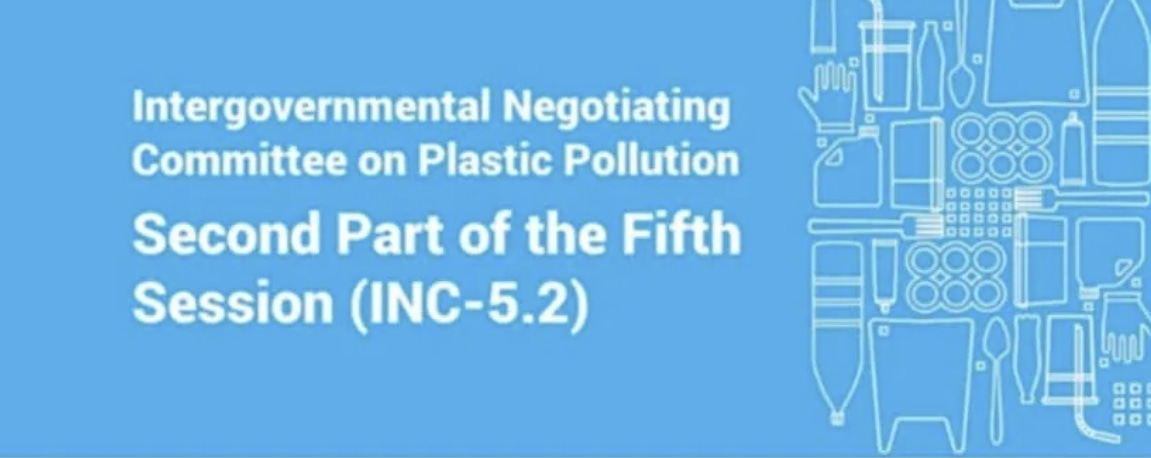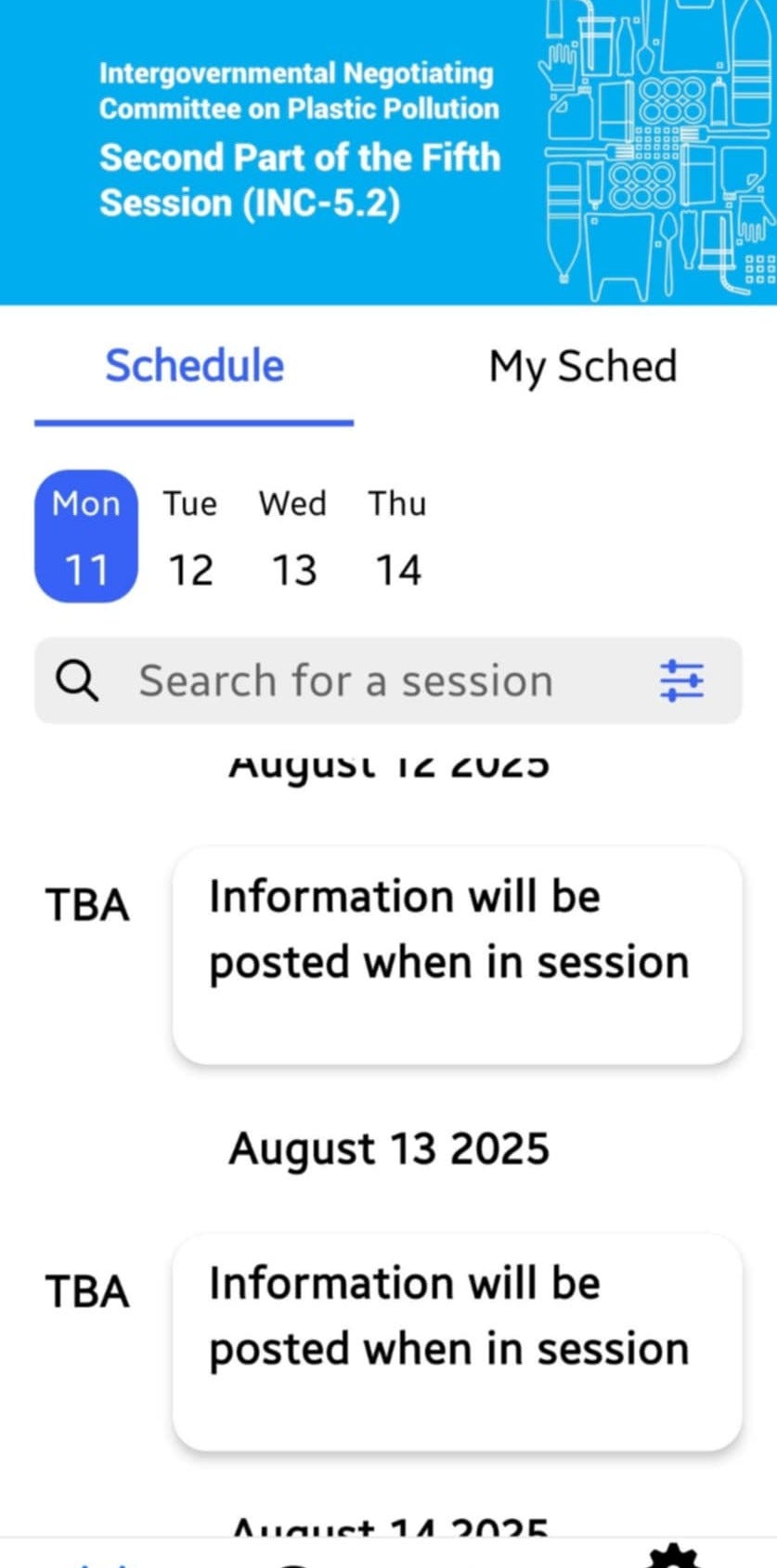Dispatch from UNEP's Ban Plastics Conference (Part 1)
Insights from the Firebreak's man inside the UNEP Plastic Pollution INC 5.2 Negotiations in Geneva
The Firebreak has a delegate inside the UNEP Plastic Pollution Conference in Geneva who will be reporting this week on some of the absurd events taking place at the Plastic Pollution INC 5.2 Negotiations in Geneva. People need to know what kind of circus the UN is running at these “high-level” meetings.
This is my first dispatch from UNEP’s Plastic Pollution INC 5.2 Negotiations in Geneva.
In terms of how the things are running on the ground, most of the contact group meetings (where observers are allowed) take place in smaller rooms, thus the observers are often shuffled into overflow rooms. But from today, there are no overflow rooms provided for contact group meetings. Thus most probably it will be impossible to attend these meetings (the only ones open to observers, apart from the plenary).
NGOs Flooding the Official Delegations
A short analysis reveals that Greenpeace has 29 delegates registered via various organizations.
Following the last INC negotiations in Busan, the NGOs won two key points that they have been promoting:
Their direct participation to the negotiations via national delegations (ie, activists not merely having observer status)
Their draft text to move away from an agreement by consensus and in favor of decisions taken by a vote (simple or qualified majority - depending on the type of decision). Interestingly, the EU promoted this last point.
The NGO activists snuck in via the national delegation backdoor include: Tuvalu, Panama (from Greenpeace), Colombia (Minderoo), Rwanda (Nils Simon from TESS who is also a special advisor to the High Ambition Coalition secretariat), Namibia, Laos, DR Congo, Belgium (4 people, none of them have any expertise in plastics, they are just pure activists). The list is probably longer.
The EU … Grasping at (Plastic) Straws
After one week of negotiations, mostly behind closed doors (closed meetings, reserved for state delegations or informal meetings that were also closed), there is no tangible progress:
the full draft text published at the end of the first week is basically unreadable;
The EU delegation clings to their ambition to cap primary plastic polymer production, which is seen by other countries as a sabotage of the progress in negotiations and preventing a deal from being closed;
The EU is mainly focused on upstream measures like capping polymer production and blacklisting certain chemicals in plastics based on its hazard criteria.
As a reminder, DG Environment is running the show for the EU delegation.
The last published draft, however, contains mixed language on the EU’s points. I am not sure if the fervent supporters of the EU (developing countries) will hold to the same position, as the perspective of not closing the deal will leave them going home empty-handed. These developing countries are interested in getting money via dedicated funds. There is even proposed language on compensation funds (thus no money earmarked to develop waste management schemes but just money made available to developing countries carte blanche).
The Schedule
The UNEP schedule is a moving target, known only at the last moment with many changes. I downloaded the app, but it doesn’t tell me what is happening tomorrow. I hope they figure it out soon.




